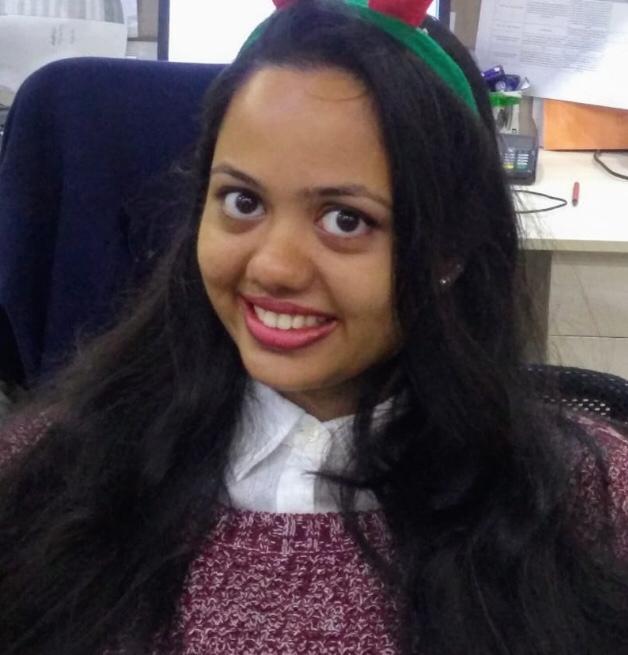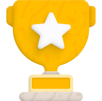KAPI
PUBLIC
United States, University of California, Irvine
Members

Asha Kiran Makwana
MEMBER
United States
Team Gallery
No gallery images have been uploaded.
Project Overview
There a is a barrier to entry when it comes to programming. People who lack the fine motor skills to type cannot readily practice programming, even though they may have the interest and capability to learn computer science concepts. The people hindered can be anyone who lacks the skills to type, such as young children to the elderly, to people who have a disability and cannot physically type at all.
Our project is a Keyboardless, ASL-Programming Interface (KAPI), which leverages emerging low-code platforms (Microsoft PowerApps, PyCaret, Github Co-Pilot, etc.) computer vision (CV), and Machine Learning (ML), so that people can sign their code using only a webcam. Many of these low-code platforms have been appearing more recently, and the advances in Augmented Reality (AR), Virtual Reality (VR), and CV suggest that the future direction in tech. is to make programming more immersive. The outcome of the project is to not only make programming more accessible, but to encourage people to adopt sign language and promote inclusivity. Arguably, if the number of people who knew sign-language equalled the number of people who knew Python, then the communication barrier between the deaf and the hearing community would significantly decrease.
We believe the project addresses a clear need for the future coders. Coding with sign language speaks in the favor of communities (young, elderly, deaf), who are underrepresented in the world of technology.
About Team
The team met during 2021 Grace Hopper Celebration. In one session, Asha introduced herself to a recruiter and admitted that her passion was towards helping improve the quality of education for people with disabilities. Beverly had not met another person in tech. who was also interested in making innovations in Edtech (education technology) before, so at that moment she knew she had to connect through Linkedin.
Coincidentally, they both registered for Microsoft's Imagine Cup before meeting each other and thought this would be an excellent opportunity to work towards our dream of innovating EdTech.
Beverly Quon, University of California, Irvine, Computer Engineering, 2022
Beverly is a first generation, PhD candidate. Her research focuses on mitigating concept drift in machine learning pipelines using dataflow. Her dream is to develop a solutionary school that teaches students to address problems in their community and encourage them to work collaboratively in using technology for their solutions. As a leader, her goal is to not solve everyone problem in the world, but to teach the next generation of leaders, so that they can have the skills to solve these problems.
Asha Makwana, Northeastern University, San Jose, Master of Professional Studies in Analytics, 2022
Asha is a first generation graduate student with concentration in Machine Learning. She is originally from Mumbai, India. She developed interest in Analytics while working at her last Educational Institute in India. where she got the opportunity to work with different data driven projects. Fast forwarding to her long term goal is to create a simulated environment classroom for special students. Working on this project will definitely take her one step closer to her dream project.
Since we both are driven towards Edtech, we wanted to work towards a project where we can actually contribute to the Edtech industry. While doing our research on the project, we stumbled upon a blogpost on "Pythons are deaf, so are some Pythonistas" from 2014 and started to dig into the topic. From our search we got to know there is not much contribution done for the learning of technical programmers in the deaf community. While exploring and learning more about PyCaret and other platforms we decided to move forward with a topic that incorporates ASL in Python programming without a need for a keyboard. We would love to continue the work on the product to improve the accessibility to coding and contribute to the deaf community as well.
Technologies we are looking to use in our projects
Azure
Machine Learning
Python

